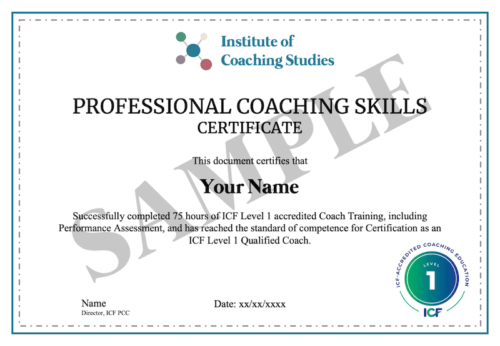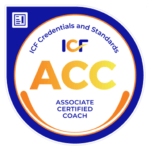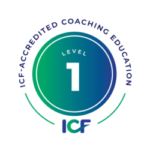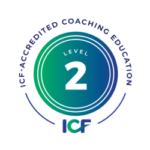There is a lot of confusion about what a coaching certification, a coaching credential, and a coaching accreditation mean. These labels are often used interchangeably, even by coaches and training providers who have been in the industry for long (ourselves included).
We’ve recently decided to look into the language we use in our coach training programmes to clarify once and for all what each label really means. This article explains our thinking to differentiate certification, credential, and accreditation.
What is a coaching certification?
A coaching certification is the document provided by a training organisation which testifies that you have completed a coach training programme. The document is a certificate or diploma that states the amount of training hours you completed, the date of the deliverance of the certificate, and the name of the training provider.
You can call yourself a Certified Coach upon completion of a coach certificate. Be mindful to present your qualifications in an ethical way: a Certified Coach is a professional who attended an extended training, with practice, observation, and a performance evaluation. This doesn’t apply to certificates for short programmes (a few hours, for example), which would be more for continuing professional development.

What is a coaching credential?
Coaching credentials are delivered to coaches by professional organisations like the International Coaching Federation (ICF) or the European Mentoring and Coaching Council (EMCC). The ICF has 3 credentials (ACC, PCC, MCC) and the EMCC offers an individual credential named EIA which has 4 levels (Foundation, Practitioner, Senior Practitioner and Master) alongside with a credential for coaching supervisors (ESIA).
The application process is directly managed by the professional organisations. The coach has to meet certain requirements and once the application is reviewed and approved, they receive a badge testifying their level of credential.


What is a coaching ACCREDITATION?
A coaching accreditation is given by professional coaching organisations like the ICF and the EMCC to coach training programmes offered by training providers.
The same way a coach needs to meet certain criteria to be eligible for a credential, the accredited training programmes have gone through an extensive review by the organisation that is accrediting them. This includes the evaluation of all the learning materials and content taught in class and asynchronously, the assessment of the qualifications and experience of the teaching faculty, the review of internal policies and processes, as well as the assessment of the coaching skills of graduates of the programme.
Once the programme has been approved for accreditation, it receives a badge. For the ICF those accreditations are named Level 1, Level 2 and Level 3. For the EMCC, the programme accreditation is called EQA.


WHAT DOES IT MEAN FOR YOU?
If you have completed a coaching certification, you can call yourself a certified coach.
Ideally, the coaching certification you would have completed is accredited by the ICF or the EMCC. It will make your credential application easier and it is also evidence that the programme meets satisfying quality standards.
One you receive your ACC, PCC, MCC, or EIA badge, you can call yourself an accredited coach.
LET'S STAY IN TOUCH
If you want to hear from us about all things coaching and not miss any new articles, sign up below 👇
Thank you!
We hope you like the content we will share.
Photo by Joshua Hoehne on Unsplash




